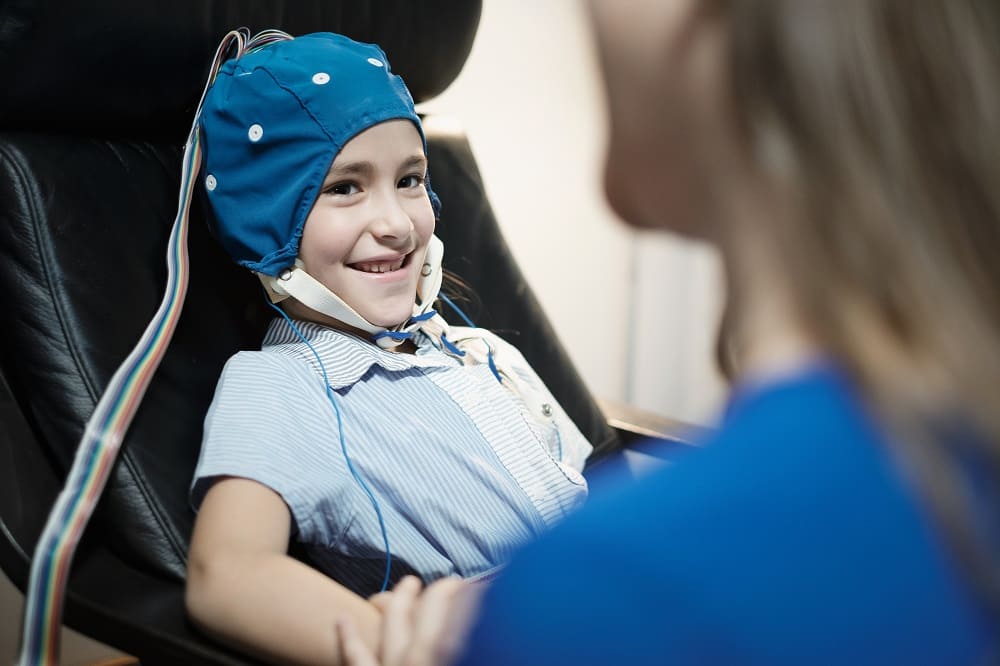Self-Regulation: It’s a Mind-Body Thing
Self-regulation is an important skill that allows people to manage their thoughts, emotions, and behaviors effectively. What is self-regulation? It is the ability to have control over oneself, to resist impulsive actions, and to make decisions that line up with long-term goals and values. This valuable skill is a foundation of personal success and well-being, affecting many areas of life, including relationships, academics, career, and overall happiness.
As we become more overwhelmed with information and the speed of life increases, self-regulation is becoming increasingly important. The ability to delay gratification, stay focused, and persevere through challenges is crucial for meeting our goals. Those who have good self-regulation skills are better able to handle stress, overcome obstacles, and adapt to new situations.
One of the fundamental components of self-regulation is emotional regulation. It involves recognizing and managing emotions in a positive way. By understanding and regulating their emotions, people can avoid impulsive reactions, make good decisions, and maintain healthier relationships. People who are emotionally regulated have more empathy, compassion, and are capable of solving conflicts effectively.
Self-regulation also includes cognitive regulation. It involves monitoring and controlling one’s thoughts, attention, and mental processes. By working on building cognitive regulation skills, people can improve their ability to concentrate, think critically, and solve problems. This skill allows individuals to set realistic goals, plan, and effectively manage their time and resources.
Also, self-regulation plays a crucial role in behavioral regulation. It involves managing one’s actions, impulses, and behaviors. Individuals with strong behavioral regulation skills can resist temptations, control their impulses, and make choices that align with their long-term goals. This ability to regulate behavior promotes self-discipline, perseverance, and responsible decision-making.
In addition, self-regulation is a skill that can be developed and improved with practice. Strategies such as mindfulness meditation, goal setting, self-reflection, and self-monitoring can improve self-regulation abilities.
Biofeedback is a tool that allows a person to learn how to regulate how their mind and body interact. The interaction goes both ways. What you think affects your body and what your body is doing can affect your mind and how you feel.
Through using biofeedback, you can measure and learn to control your muscle activity, skin temperature in your hands and feet, sweat activity on your hands and feet, heart rate, heart rate variability, breathing, and brainwave activity. Biofeedback is like a workout for your mind-body system. I can think of no better way to build self-regulation skills than to practice biofeedback. You can learn to raise your hand temperature by 12 degrees in 20 minutes or less. That’s self-regulation. You can shift your breathing and increase your heart rate variability and slow your average heart rate and blood pressure. That’s another example of self-regulation. You can learn to notice excess muscle tension in your face, neck, and shoulders and release it within seconds. These are all examples of things you can learn through biofeedback training.
This type of biofeedback training can be an effective part of a self-regulation program that can be applied to academic performance, anger management, stress management, violence reduction, and social interactions. Through practice, this control and regulation becomes second nature, almost automatic. It becomes part of who you are. The benefits can be noticed in all areas of life.
It is well worth it to work on learning self-regulation. It will serve you well throughout your life.
Harry L. Campbell
Biofeedback Resources International Corp
www.biofeedbackinternational.com
914-762-4646





